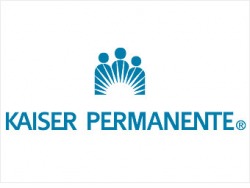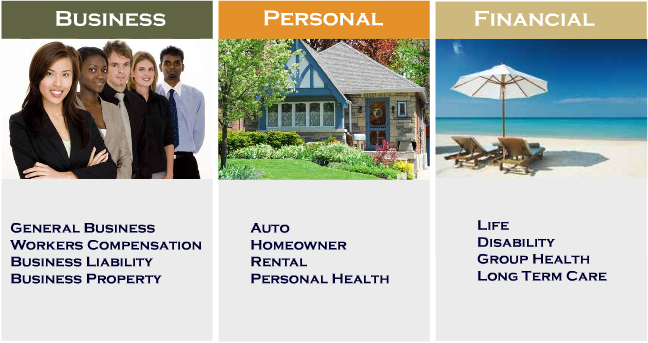|
|
|
Click here for Kaiser Permanente Health Insurance Quotes
Our Products and Services
We offer a wide variety of insurance companies in the lines of Auto, Health, Life, Home, and Business. We can run a search through our companies in order to help find the best coverage for your needs depending on your budget and needs. Our agents are extremely helpful and well-trained to help you find and get exactly what you are looking for.
Basics Questions about Insurance
1. What sorts of insurance do I need?
Most people need to be concerned with insuring four areas: their possessions, their life, their health and their finances.
2. When you're talking about possessions, does that mean homeowners insurance is the most important?
Probably, because a house is likely to be the single biggest investment most of us make. The rule of thumb with homeowners insurance is not to skimp. If you can, pay extra for guaranteed-replacement coverage, which mandates that the insurer will replace your home if it is destroyed, regardless of the cost. If you instead specify a dollar amount of coverage, and it's not enough, you could end up paying the difference.
3. Does homeowners insurance cover me if, say, someone slips on my front steps, breaks a leg and sues me?
Not completely. Homeowners policies -- and, for that matter, renters policies -- have liability limits. One option is an umbrella policy. This adds additional liability coverage, upward of $1 million, relatively cheaply (prices vary considerably from state to state). It also gives you additional liability coverage for your car.
4. Is car insurance an absolute must?
Absolutely. Every state requires that drivers have some sort of automobile insurance in place. Even if they didn't, it would be sheer madness to drive one inch without some form of protection. Slam into someone else and wreck another car, or kill someone, without the protection of auto insurance, and your financial life could be ruined.
5. Why is auto insurance so expensive, and how can I hold down the cost?
The biggest bite comes from liability protection, which is composed of bodily injury protection and property protection. This is one element of auto insurance you shouldn't shortchange. Look for coverage of at least $100,000 per person, another $100,000 for property and $300,000 per accident. If you can swing it, add uninsured motorist coverage, which protects you if you're in an accident involving a driver with no insurance.
To make this more affordable, consider raising your deductibles (that portion of the expense you have to pay before your coverage kicks in). Pushing up deductibles to $500 or even higher can significantly cut your premiums. Consider eliminating collision coverage, which covers damage to your car. That's probably not wise if your car is new, but give it some thought if your car has a few years on it and driving around with a ding or two is no big deal.
Other ways to cut costs: Drive safely (drivers with good records get better deals); insure every car you own with the same company (multi-car packages often mean lower premiums); don't smoke (statistics show that smokers have more accidents than nonsmokers); and, if you're still in school and pulling down good grades, let your insurer know it (good marks sometimes cut premiums).
Source: articles.moneycentral.msn.com





